You may know about NASA - The National Aeronautics and Space Administration, whose mission is to pioneer the future in space exploration, scientific discovery, and aeronautics research. To reach this mission, they build teams of high-potential talent who are trained intensively to adapt to the most dangerous environment for humans: Space. So how do they select their best candidates? Follow us to know the secret.
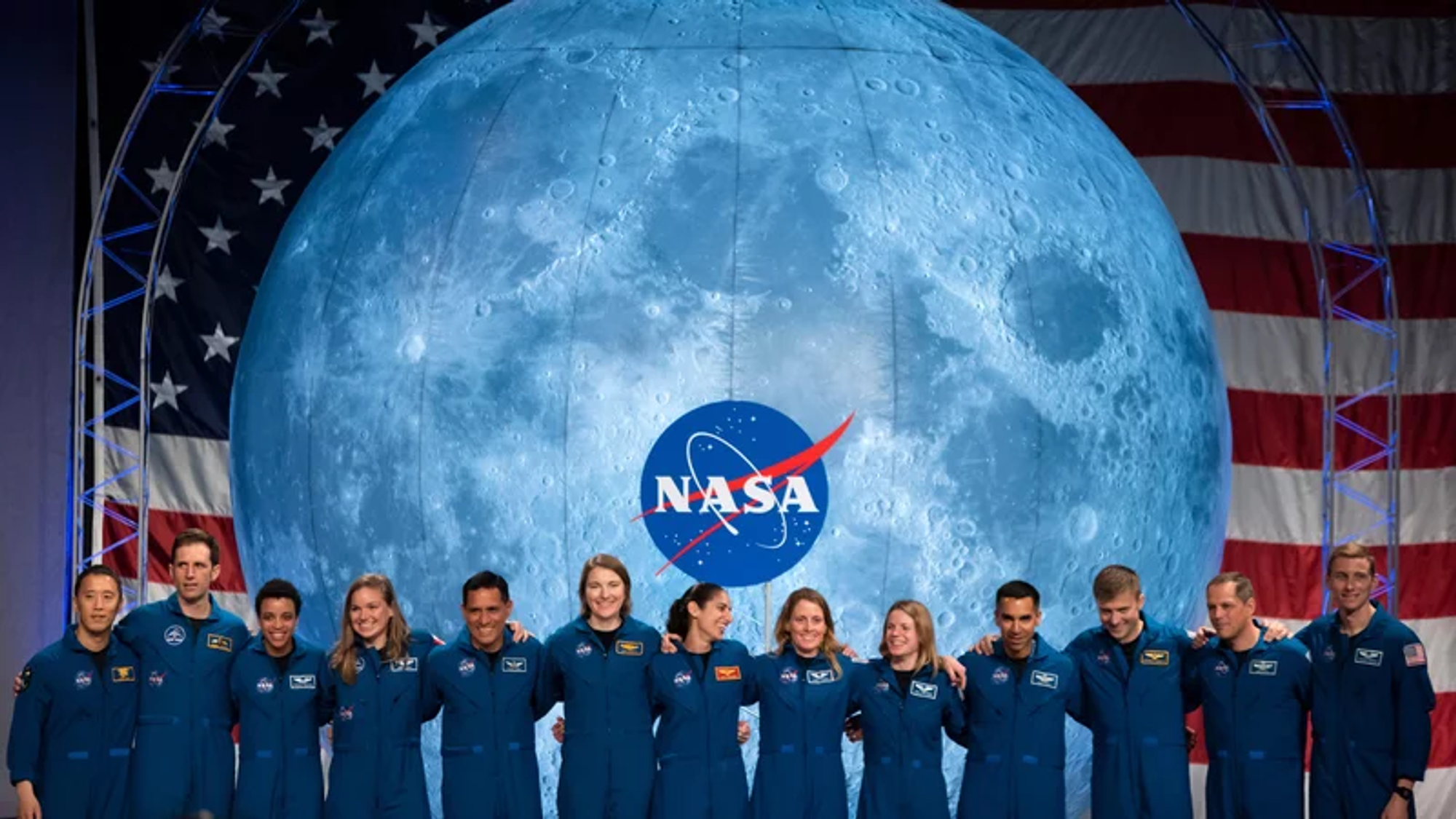
How did NASA begin to apply PCM?
In 1977, Dr. Terry McGuire, NASA’s lead psychiatrist who was in charge of the selection of candidates, invited Dr. Taibi Kahler to attend and participate in interviews during the selection process. His task was to sit in the corner of the room and observe. Taibi used Process Communication Model to place candidates in one of six categories according to their dominant personality type. He was able to determine easily their basic personality characteristics, strengths and weaknesses. He observed their verbal expression, the way they talked about themselves, their achievements, the things that matter to them, etc. But at the same time, he was also paying attention to non-verbal signs via body language.
What results did PCM provide during interviews with astronauts?
After comparing notes on several candidates, it was discovered that after only 10 minutes, Dr. Kahler’s approach had revealed as much or more about a candidate than a standard psychological interview of several hours. Dr. McGuire was fascinated by the results and decided to invite Dr. Kahler to join NASA and use his PCM methodology in further selection.
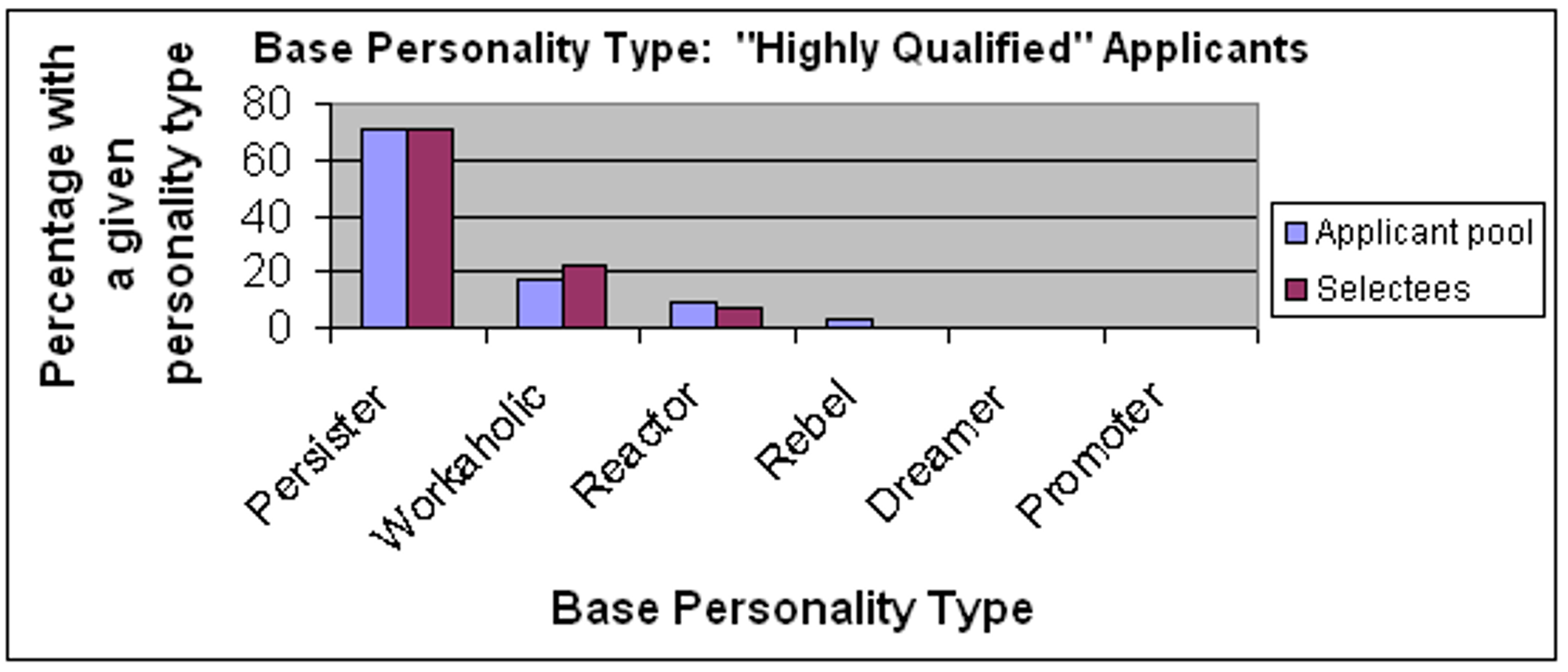
What does the structure of the NASA team look like in PCM?
PCM breaks down each person into 6 different personality types. Each type has its strengths and weaknesses, but none are necessarily better or worse.
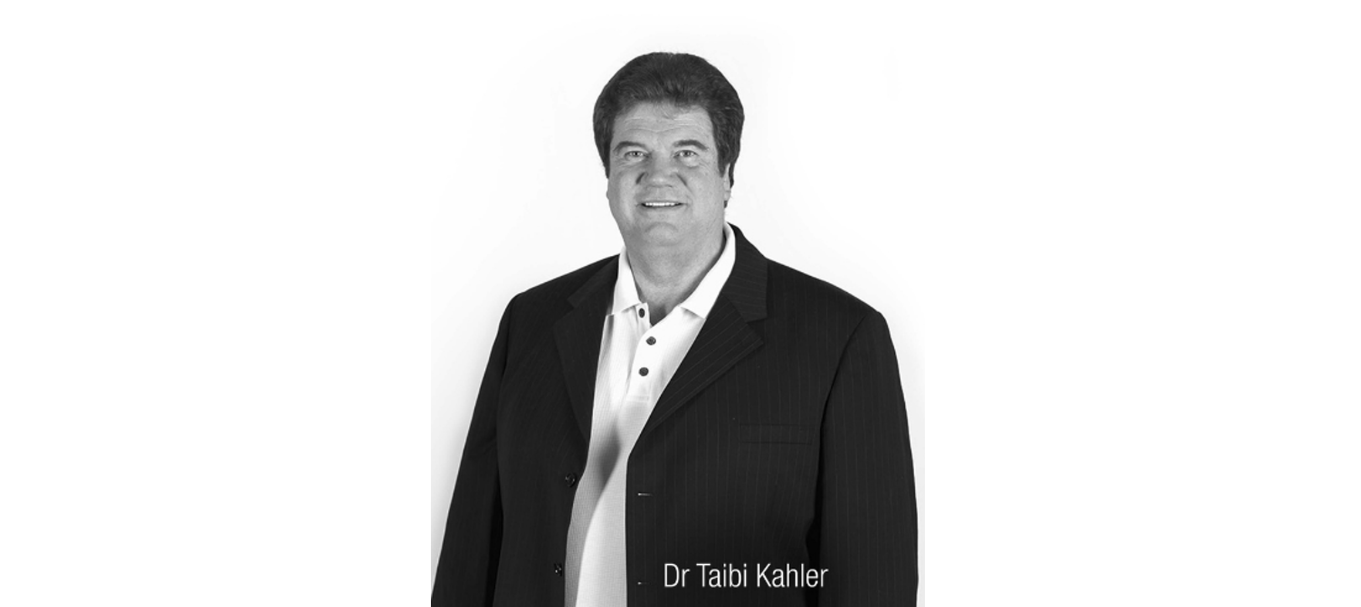
The research reveals that the percentage of one certain personality type in the astronaut core is significantly higher than that of the general population, which is persister. Persisters are more likely to succeed in the astronaut selection process as well as in actual space travel. This has the effect of making NASA the best organization it can be.
Read the whole astronaut selection results of NASA here: https://ssca.com/2017/06/the-history-of-the-process-communication-model-in-astronaut-selection/
Based on these Six Personality Types, we also have Process Therapy Model (PTM), which is a deeper training for therapy, read more here: https://www.proquest.com/openview/b90cb29bc0e13bb691f9ab0314522aea/1?pq-origsite=gscholar&cbl=47650
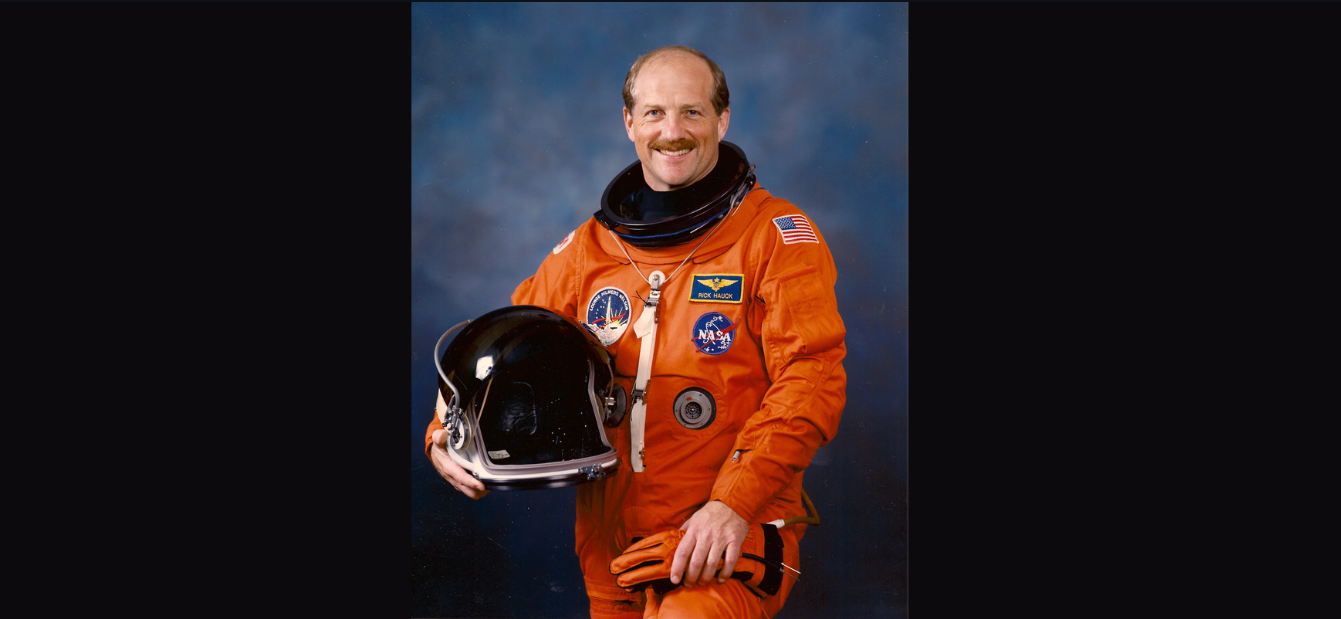
ake one example, Frederick Hauck, the commander of NASA’s return to space after the Challenger accident. He claims that NASA chose their very best crew for this trip, and Hauck was able to draw upon the strengths of all his crew members in an efficient and likable manner. He was a man with a reactor (Harmonizer) base, in a persister phase, with the next strongest type being a workaholic (thinker). In the quote below, he has the ability to bring people together through issues, which is the strength of a Reactor (Harmonizer).
Ross-Nazzal: By contrast, what do you think has been your most significant accomplishment while working for NASA?
Hauck: I didn’t screw up. [Laughs] I don’t know, I just worked very hard and I was very fortunate. I was rewarded by always being given good assignments and working with a good team that answered the mail, I think. I don’t know, I think my strength is probably in flying ability, but also perhaps in a leadership role in bringing people together and working through issues, but I can’t point to anything in particular.
Curious about the challenges of being an astronaut? Read this script of an interview with Frederick H. Hauck - former astronaut at NASA https://historycollection.jsc.nasa.gov/JSCHistoryPortal/history/oral_histories/HauckFH/HauckFH_3-17-04.htm
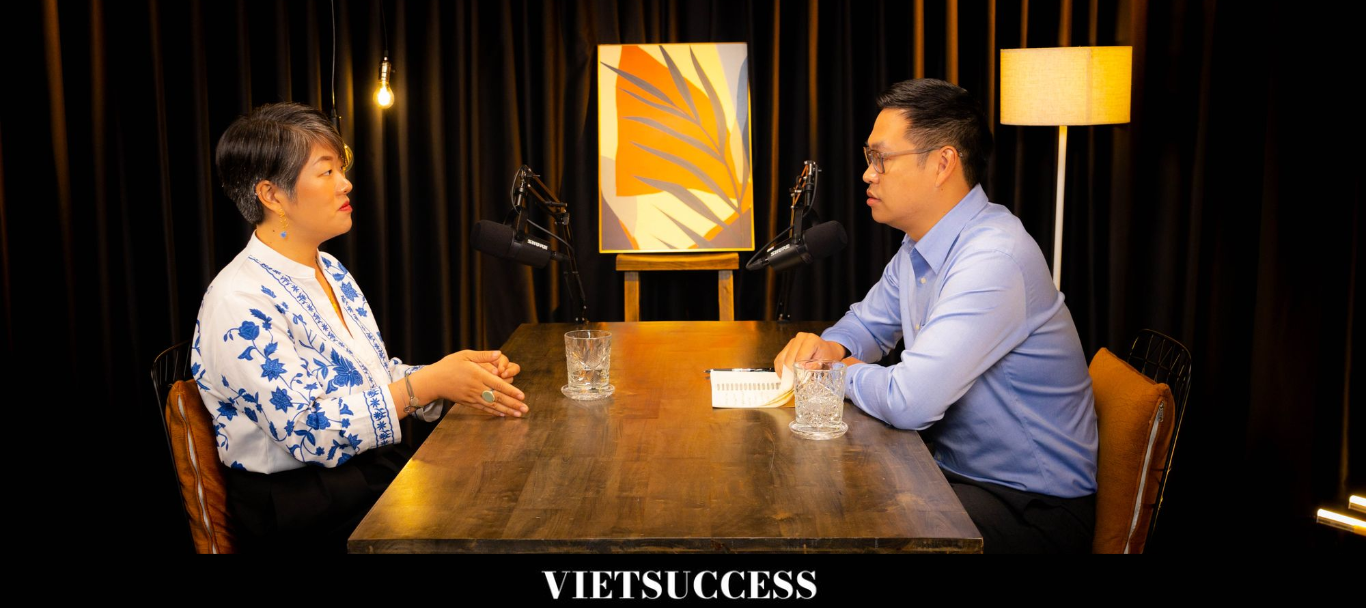
In Vietnam, TYDE consulting is the first and only firm in Vietnam, certified to train in Process Communication Model®. TYDE believes in the benefits that PCM brings to NASA in specific and to people in general. We are honored to share this amazing tool with the audience of Vietsucess! Watch the talk show to have an overview of PCM!
Overall, PCM has been a valuable tool for NASA in improving communication, enhancing teamwork, and reducing stress and conflict in high-pressure, high-stakes environments. In Vietnam, TYDE consulting is the first and only firm in Vietnam, certified to train in Process Communication Model®. Should you know any further information about PCM, book our training to discover this unique tool!
